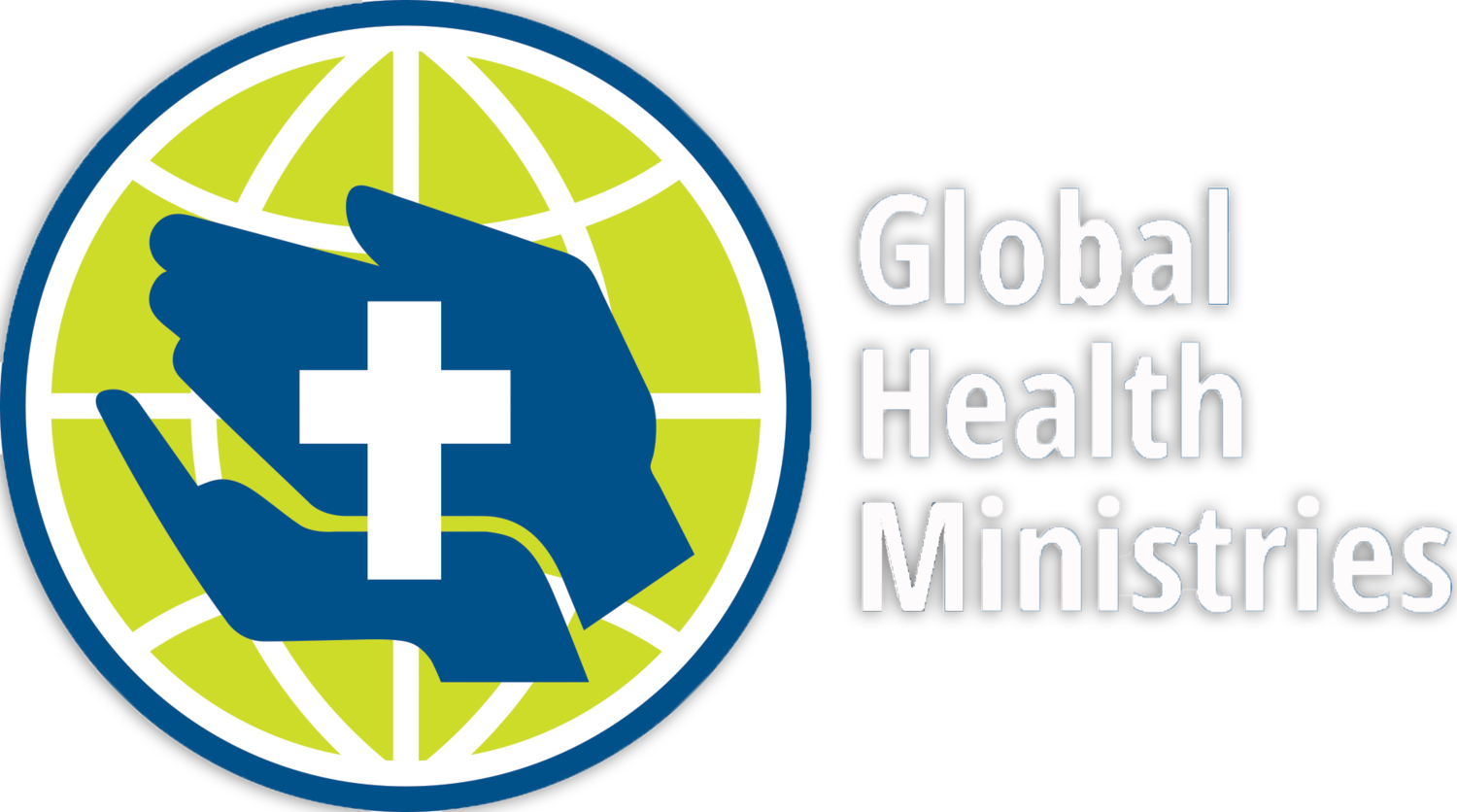Bringing Solar Power to Liberia
A critical need for mission hospitals and clinics all around the world is reliable, dependable electricity. It turns on the lights in operating rooms, powers pumps to generate water, keeps vital medical equipment running, and provides refrigeration for vaccines and morgues. But access to reliable electricity is limited in many under-resourced countries. It is especially hard to access in remote and rural areas where many health outposts are located. The cost of fuel for back-up generators is crippling, when it’s available. And the quality of power fueled by these generators is relatively low, a problem for lab equipment and sensitive medical instruments.
Curran Hospital in Zorzor, Liberia, has been relying on generators to power the hospital, but a different solution is critical for access to quality healthcare in the region. Equipment for a new solar system left Global Health Ministries’ warehouse in August for Curran, where it will not only help power the hospital for its life-saving work, but also reduce energy costs, providing much-needed relief for the financially-stressed hospital. Construction of the power house building on the hospital campus began right away, and by mid-August much progress had already been made. Everyone is eager for the installation of the new solar system to happen as quickly as possible.
Construction begins of the new power house, Curran Lutheran Hospital, Liberia
Curran is a 96-year-old mission hospital, part of the Lutheran Church in Liberia. Founded as a small health outpost in Lofa County in the northern part of the country, Curran grew into a 100-bed hospital, serving not only local Liberians but people who came from across the border with Guinea. Liberia suffered through two devastating civil wars between 1989 and 2003 - the hospital was destroyed and rebuilt, twice. Fighting between government soldiers and rebels was fierce in Lofa County, and almost everything of value was looted or destroyed. By the end of the war the hospital’s roof was gone, and only the outer walls were left standing. For a time, one of the roofless rooms served as the outpatient clinic. Eventually the buildings were restored, but still the hospital has struggled.
After the civil war ended, the country faced many challenges as it tried to rebuild. Infrastructure was largely nonexistent and the restoration of services came slowly, especially to rural areas of Liberia. Increasingly unable to feed itself, Liberia faced rising food prices, and malnutrition rates rose. Ebola further disrupted the country’s slow recovery. The first case of Ebola virus in Liberia was identified in Lofa County in 2014, and eventually Liberia reported almost 11,000 cases of Ebola and almost 5,000 deaths, more than any other country. Many died in Lofa County, and many families have felt the loss of income-earners, further contributing to the very high levels of poverty. Most of the population in the surrounding area is poor, and often cannot pay the fees required for services at the hospital. According to a 2018 World Bank report, 76% of Lofa County’s population was living in poverty, higher than any other county in Liberia. Liberia itself is consistently ranked among the poorest countries in the world. And in 2020, Curran has seen confirmed cases of COVID-19, further stressing the system.
Curran is a critically important hospital, providing access to healthcare for a catchment population of 260,000. One of the referral hospitals for the northeastern region of the country, Curran receives referred patients from seventeen government clinics and two health centers, as well as patients from neighboring Guinea. Dependable, affordable power is essential for providing quality healthcare to the surrounding community - too many Lofa County babies have come into the world with only flashlights to light the way. The new solar system should change that.
The solar equipment for this project as well as the design, installation and support team has come through Pickering Energy Solutions. GHM has been a shipping partner with Pickering since 2009, sending solar equipment to provide power to rural clinics in Liberia. By July, 2019, Pickering had installed 56 systems in orphanages, schools, clinics and hospitals in Liberia.
GHM networks with strategic partners around the world, like Pickering Energy Solutions, to expand resources that can help our international partners improve community health. Working together, we can create a brighter future for people with too few resources of their own.


